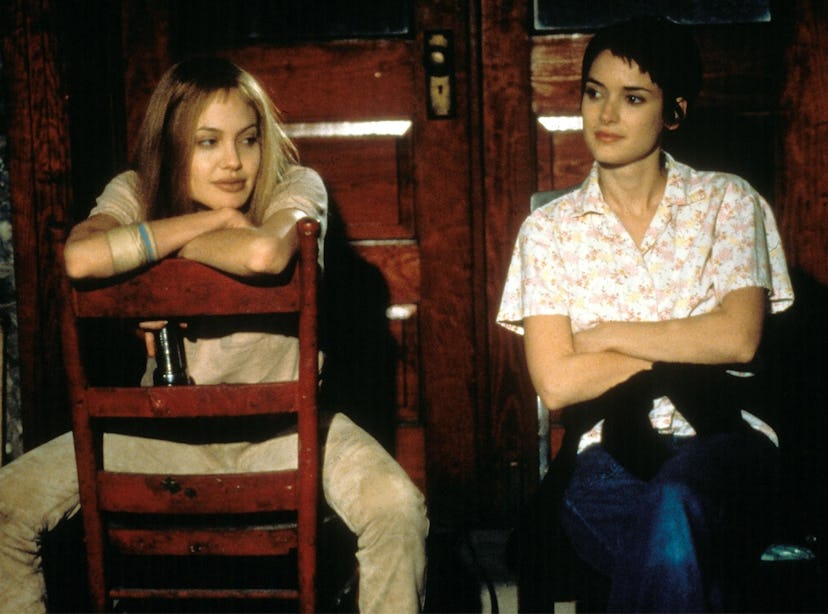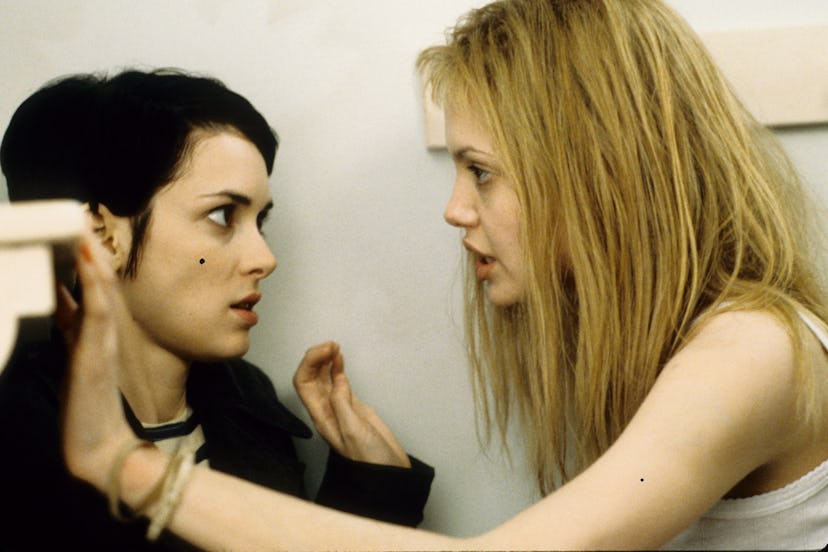Books
The author reflects on the legacy ofGirl, Interrupted, 30 years after it was first published.
Oh, the things BookTok has given us.
Almost universally, these devotees celebrateSusanna KaysensGirl, Interruptedas the blueprint for the genre.

People would say, You’ve written my story.
And I would think, The hell I have.
I wrotemystory, Kaysen says.

Below, Kaysen reflects onThe Year of Rest and Relaxation,the mythology surrounding McLean, andGirl, InterruptedSyndrome.
How aware are you of the Sad Girl literature genre that’s really cropped up over the years?
I have no idea what you’re talking about.
But I don’t see them at all as connected to what I wrote.
But [novels often ask], How am I supposed to live?
Isn’tJane Eyre, How am I supposed to live?
I can’t live as a governess.
I just can’t stand it.
So I think it would be a mistake really to trace that back to me.
And that’s different from these women being willing to talk about how unhappy they are.
Despite really believing in the historical importance of your book, I do see your point.
Hey, anything that gets people to read and write, I’m happy for it.
But I think it may be one of these misreadings that any book that has success is subject to.
A widely disseminated work is subject to many misreadings.
And that’s the space into which people could project themselves.
But if it was helpful for people to make those projections, then what does it matter?
What do you remember of that confessional boom?
Were you all circling one another?
I did feel that I had been a participant in opening those gates.
There were two other important books: WilliamStyron’s [Darkness Visible]andPeter KramersListening to Prozac.
Altogether, those three books nudged open a door that had been kept shut from shame or embarrassment.
[As for Elizabeth] I didnt know her.
She was probably 20 years younger than me, at least.
It also led to people really romanticizing such experiences.
What is it about McLean that lends itself to mythologization?
Robert Lowell [was there], too.
Dont leave him out.
[McLean] was quite the Ritz of loony bins and sort of the Harvard.
I think it liked that reputation, traded on that reputation, and deserved that reputation.
These old, old loony bins have their qualities the way old universities have their qualities.
They have their history.
It’s about what the book represents, what it says about the person reading it."
Is that a concept you agree with?
I think it’s, “I’m in pain.
Acknowledge that I have pain, acknowledge that I am a person worth caring about.
My pain isworthcaring about.”
See me, validate me.
Which is the gift your book has given so many people that feeling of being seen.
Although I wasn’t writing about them.
People would say, “You’ve written my story.”
And I would think, “The hell I have.
I thought, “No, I’m me.
I’m not you.”
It took me a while to get over that sort of petulance.
It took me quite a while to realize, “Listen, the book is now for them.
You have written it.”
Oddly, the thing that really helped me to achieve that was the movie.
I have to say, getting a bunch of money helped me get to a zen spot.
I get it.”
This interview has been edited and condensed for clarity.
This article was originally published onJune 1, 2023